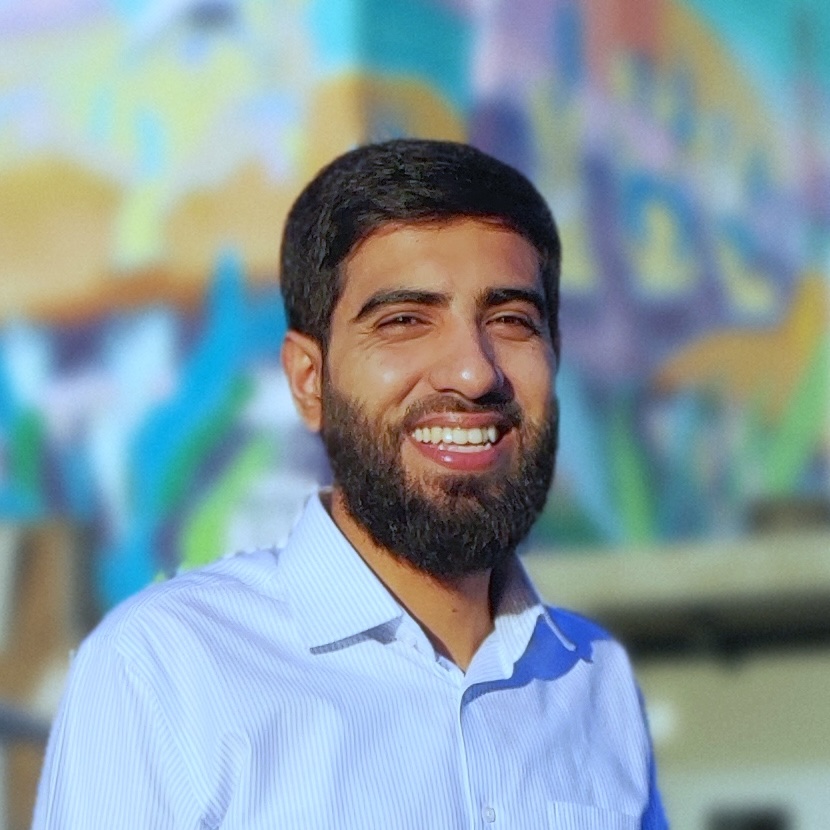Abu Bakar
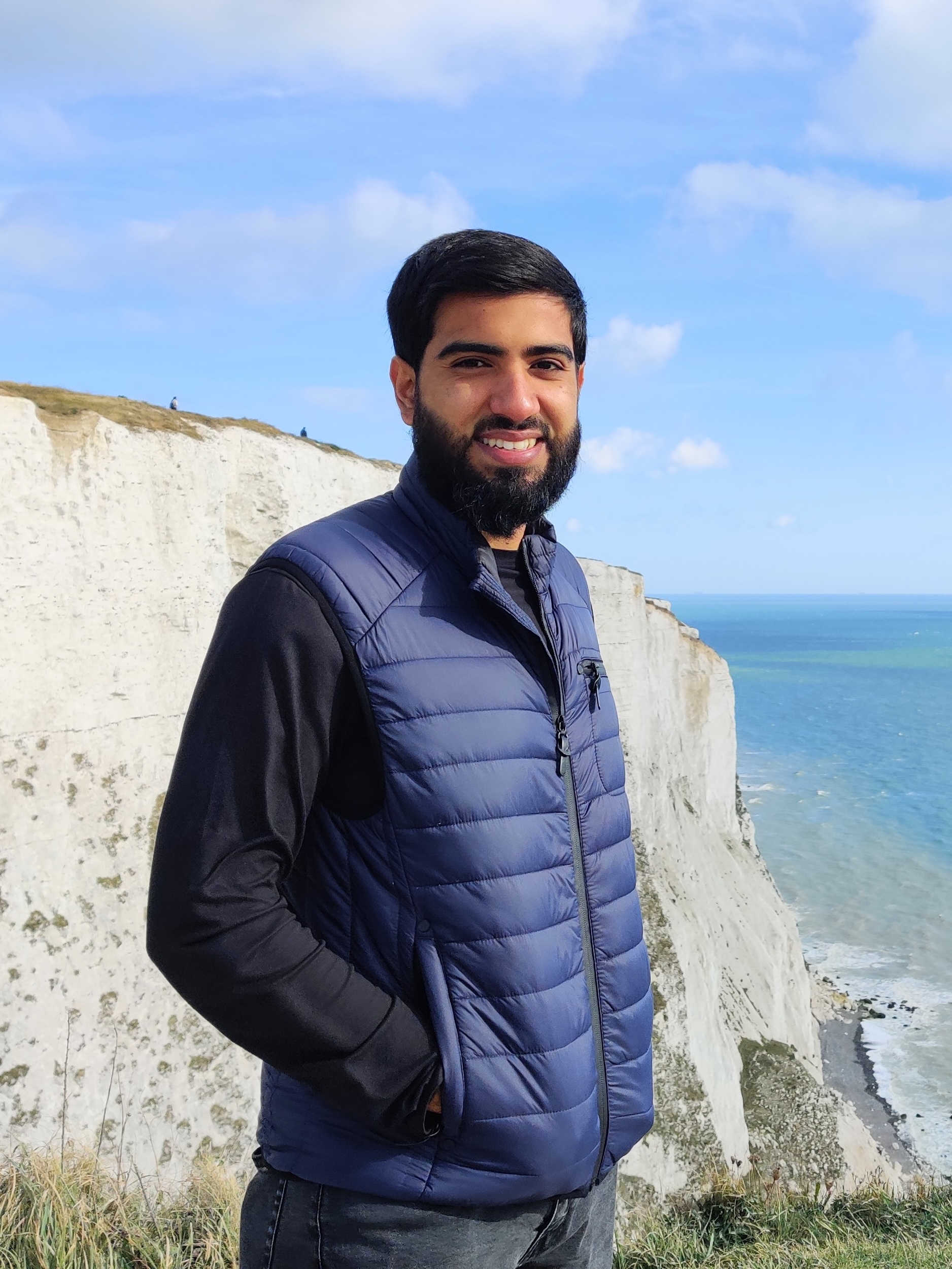
I am a Ph.D. candidate in the School of Interactive Computing at Georgia Institute of Technology, advised by Josiah Hester. I am a systems researcher who leverages battery-free computing to build sustainable and intelligent ubiquitous computing systems.
My research approach involves a comprehensive exploration of the entire battery-free system stack. I design hardware platforms that enable energy-efficient batteryless operation, develop operating systems that reliably execute programs under frequent power failures, devise embedded machine learning algorithms that work efficiently on resource-constrained hardware, and create tools to facilitate the application development process for makers and researchers. I leverage these systems to build health-sensing wearables and infrastructure-monitoring devices, and actively seek opportunities to apply them in user-interaction, accessibility, and environment-monitoring applications, with a primary focus on minimizing environmental impact.
I was named a Cyber-Physical Systems (CPS) Rising Star in 2022.
Prior to joining Georgia Tech, I completed my Masters in Computer Science from Northwestern University, and Bachelors in Electrical Engineering from National University of Computer and Emerging Sciences, Pakistan.
Media Coverage: Forbes, Washington Post, Scientific American, The Hill, Daily Mail, Gizmodo, TechCrunch, Engadget, Mashable, Slash Gear, ACM Tech News , The Independent, TechXplore , Interesting Engineering, Hackster.io.
News
I have passed my PhD proposal!
Results of our user study on designing batteryless wearables are published in IJHCI.
Received Best PhD Forum Presentation Award at SenSys 2023!
Presenting my thesis titled "Adaptive and Intelligent Battery-free Computing Systems" at SenSys 2023 PhD Forum.
I will be joining Future Technologies Group at Accenture for summer internship.
Protean is invited for research highlight in SIGMOBILE's GetMobile magazine.
Two first-author papers on adaptive battery-free intermittent computing accepted to ACM SenSys 2022!
FaceBit, our smart face mask platform is named a Finalist in Fast Company's 2022 Innovation by Design Awards in the Students category!
Transferred to GaTech from Northwestern University. Continuing PhD in the School of Interactive Computing.
Selected as a CPS Rising Star!
FaceBit, our smart face mask platform was featured in Forbes, Washington Post, Scientific American, Gizmodo, TechCrunch, Engadget, Mashable, and many others!
Paper on logic-based intelligence for batteryless sensors accepted to Hotmobile 2022!
Paper on smart face masks accepted to ACM IMWUT 2022!
BFree, a novice-friendly system for battery-free sensor prototyping with Python was featured in The Independent, TechXplore , Interesting Engineering, Hackster.io!
Paper on an intermittent adaptation platform accepted to ACM IMWUT 2021!
Accepted an offer to join Nokia Bell Labs' Pervasive Computing Group for internship in Fall 2021.
Paper on battery-free sensor prototyping with python accepted to ACM IMWUT 2021!
Paper on an energy analysis tool for transiently powered computers accepted to ACM TECS 2020!
Received SIG travel grant to attend ASPLOS 2020!
Paper on a low-overhead and time-sensitive intermittent computing system accepted to ASPLOS 2020!
EPIC, an energy profiling tool for intermittently powered systems accepted to LCTES 2019!
Received NSF travel grant to attend SenSys 2018!
Paper on analyzing energy harvesting modes for intermittent adaptation accepted to ENSsys 2018!
Paper on energy-efficient air conditioning in older buildings accepted to ACM TOSN 2018!
Started grad school in EECS department at Northwestern University!
Hawadaar, our distributed air conditioning system received People's Choice Award at BuildSys 2017!
Paper on an inverted HVAC system accepted to BuildSys 2017!
Awards
Best PhD Forum Presentation Award at SenSys 2023
ACM SIGMOBILE research highlight for "Protean: An Energy-Efficient and Heterogeneous Platform..." in GetMobile 2023
Cyber-Physical Systems (CPS) Rising Star by University of Virginia
ACM SIGMOBILE research highlight for "REHASH: A Flexible, Developer Focused, Heuristic Adaptation..." in GetMobile 2022
ACM SIG travel grant to attend ASPLOS 2020
NSF travel grant to attend ACM SenSys 2018
People's Choice Award for Inverted HVAC at ACM BuildSys 2017
ACM SIGMOBILE travel grant to attend ACM BuildSys 2017
Dean's honor list for five semesters at NUCES
Silver and bronze medals for three semesters at NUCES
Best Intern Award at SysNet Lab
Publications
Protean: An Energy-Efficient and Heterogeneous Platform for Adaptive and Hardware-Accelerated Battery-free Computing
ACM Conference on Embedded Networked Sensor Systems (SenSys'22)
Protean is an inference-capable battery-free platform designed for energy-aware run-time scalability. It consists of three main components: 1) SuperSensor, a modular plug-and-play platform that provides hardware support for intermittent computing with a reconfigurable energy storage circuit, a 32-bit ARM-based microcontroller with a convolutional neural network accelerator, etc, 2) Chameleon, an energy-aware adaptive runtime that provides intermittency-proof execution of machine learning tasks across heterogeneous processing elements, and 3)Metamorph, a code generator tool that automates the conversion of ML models to intermittent safe programs.
Adaptive Intelligence for Batteryless Sensors Using Software-Accelerated Tsetlin Machines
ACM Conference on Embedded Networked Sensor Systems (SenSys'22)
In this work, we propose Lite-TM, a framework that addresses the shortcomings of the Tsetlin Machines (TM) and makes them an energy-efficient inference engine for batteryless sensors. We exploit the inherent redundancies observed in the TM architecture and trained TM models with two novel compression techniques, respectively, that reduce the model size by 99%. These techniques significantly reduce the memory footprint and speed up the run-time execution by dynamically scaling the computational complexity based on available energy.
Logic-based Intelligence for Batteryless Sensors
International Workshop on Mobile Computing Systems and Applications (HotMobile'22)
In this work, we explore a logic-based inference algorithm, Tsetlin Machine (TM), for making batteryless sensors intelligent. Because of constrained memory, energy and compute resources, using TM models as is in real-world applications is not possible. We propose a lossless compression scheme based on run-length encoding and show that it can compress the model by up to 99%. This translates into a lower memory footprint and better energy efficiency (up to 4.9x) compared to the original Tsetlin Machine algorithm, and provides promising trade offs when compared against state-of-the-art binary neural networks.
FaceBit: Smart Face Masks Platform
Proceedings of the ACM on Interactive, Mobile, Wearable and Ubiquitous Technologies (IMWUT/UbiComp'22)
FaceBit is an unobtrusive, intelligent platform that sticks with masks and collects various physiological signals. It monitors heart rate without skin contact via ballistocardiography, respiration rate via temperature changes, and mask-fit and wear-time from pressure signals, all on-device with an energy-efficient runtime system. It’s basically a FitBit for your face! FaceBit can harvest energy from breathing, motion, or sunlight to supplement its tiny primary cell battery that alone delivers a battery lifetime of 11 days or more.
Fast Company 2022 Innovation by Design Award—Finalist in the Students category
REHASH: A Flexible, Developer Focused, Heuristic Adaptation Platform for Intermittently Powered Computing
Proceedings of the ACM on Interactive, Mobile, Wearable and Ubiquitous Technologies (IMWUT/UbiComp'21)
REHASH is the first energy-aware adaptive runtime system for battery-free systems. It uses novel lightweight signals stemming from the intermittent execution of programs and combines them in simple heuristic functions to predict energy availability which helps applications dynamically adjust their complexity at run-time. A simulation tool, REHASH-explorer, helps developers choose from the proposed signals and design heuristic functions that best suit their application needs.
BFree: Enabling Battery-free Sensor Prototyping with Python
Proceedings of the ACM on Interactive, Mobile, Wearable and Ubiquitous Technologies (IMWUT/UbiComp'21)
BFree allows the development of battery-free applications, to novices and hobbyists, using the Python (leveraging AdaFruit’s CircuitPython ecosystem) programming language and widely available hobbyist maker platforms. BFree provides energy harvesting hardware and a power failure resilient version of Python, with durable libraries that enable common coding practice and off-the-shelf sensors. This work allows makers to engage with a useful, long-term, and environmentally responsible future of ubiquitous computing.
Time-sensitive Intermittent Computing Meets Legacy Software
International Conference on Architectural Support for Programming Languages and Operating Systems (ASPLOS'20)
TICS is a checkpoint-based runtime system for battery-free intermittently-powered devices that guarantees forward progress, data consistency, and correctness. TICS provides simple programming abstractions for handling the passing of time through intermittent failures, and uses this to make decisions about when data can be used or thrown away. It also provides predictable checkpoint sizes by keeping checkpoint and restore times small, enabling numerous existing embedded applications to run intermittently.
The Betrayal of Constant Power × Time: Finding the Missing Joules of Transiently-powered Computers
International Conference on Languages, Compilers, and Tools for Embedded Systems (LCTES'19)
EPIC is a compile-time energy analysis tool for transiently-powered systems. It substitutes the assumption of constant power consumption in existing analysis techniques for battery-free systems, with a dynamic power consumption model, giving programmers accurate information on worst-case energy consumption of programs. Using EPIC with existing debugging tools, programmers can avoid unnecessary program changes that hurt energy efficiency .
Inverting HVAC for Energy Efficient Thermal Comfort in Populous Emerging Countries
International Conference on Systems for Energy-Efficient Built Environments (BuildSys'17)
Emerging countries predominantly rely on room-level air conditioning units (window ACs, space heaters, ceiling fans) for thermal comfort. These distributed units have manual, decentralized control leading to suboptimal energy usage for two reasons: excessive setpoints by individuals, and inability to interleave different conditioning units for maximal energy saving. In this work, we made Hawadaar, a novel inverted HVAC approach that cheaply retrofits these distributed units with centralized "on-off" control. With 20% market penetration, Hawadaar can save up to 6% of electricity per capita in residential and commercial sectors.
People's Choice Award
Design of a Laser Tracker Using 2-DOF Stepper Controlled Platform
International Conference on Robotics and Artificial Intelligence (ICRAI'16)
In this work, we propose a novel approach to track a moving object using an infrared laser mounted on a 2 degree of freedom (DOF) stepper-controlled platform. The proposed approach can achieve a wide range of tracking distance with precision, and therefore finds various applications in navigation, localization and control of autonomous robotic systems. Moreover, this setup can also be used to provide power to a moving object wirelessly while measuring its speed of motion at the same time.
Education
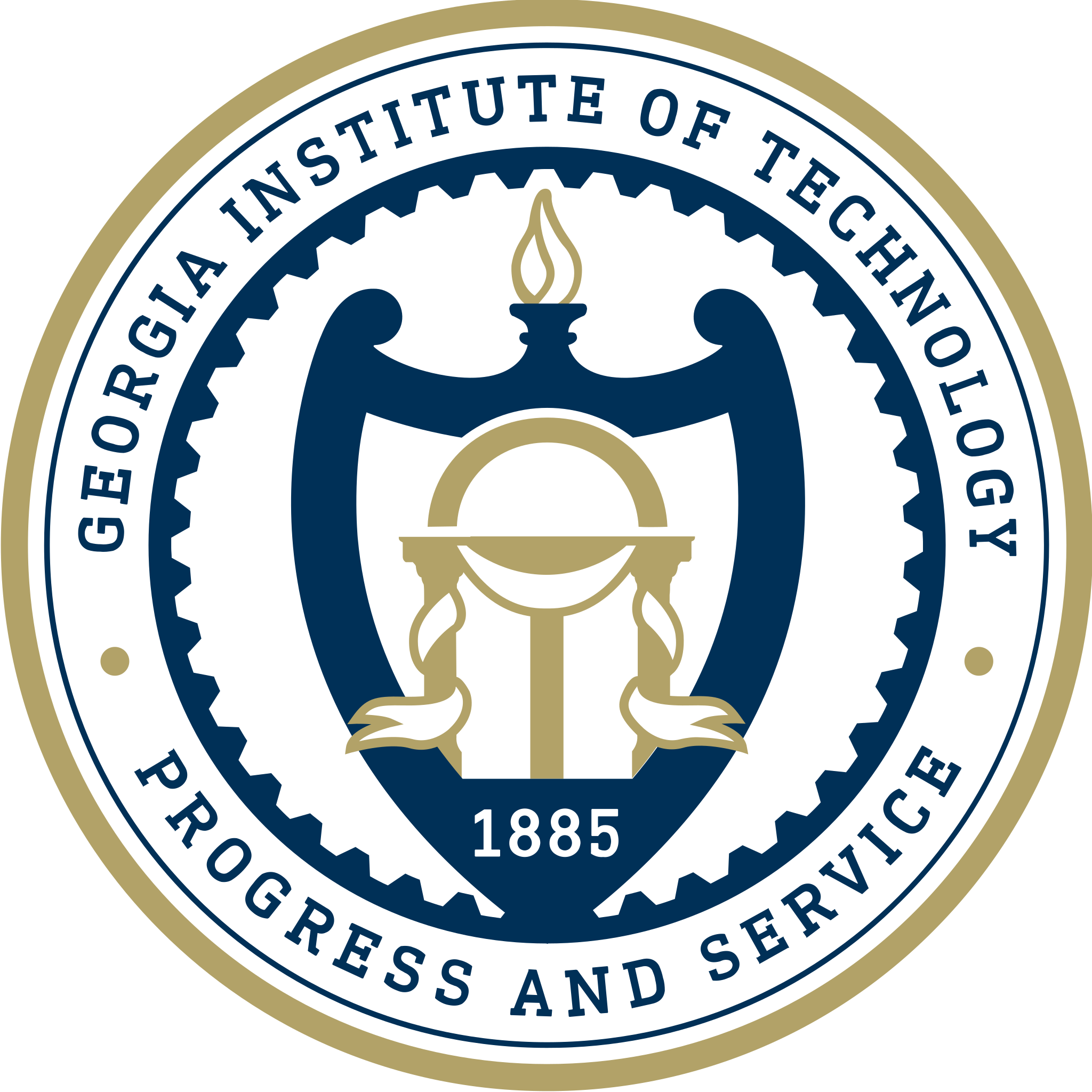
Thesis: Adaptive and Intelligent Battery-free Computing Systems
Advisor: Dr. Josiah Hester
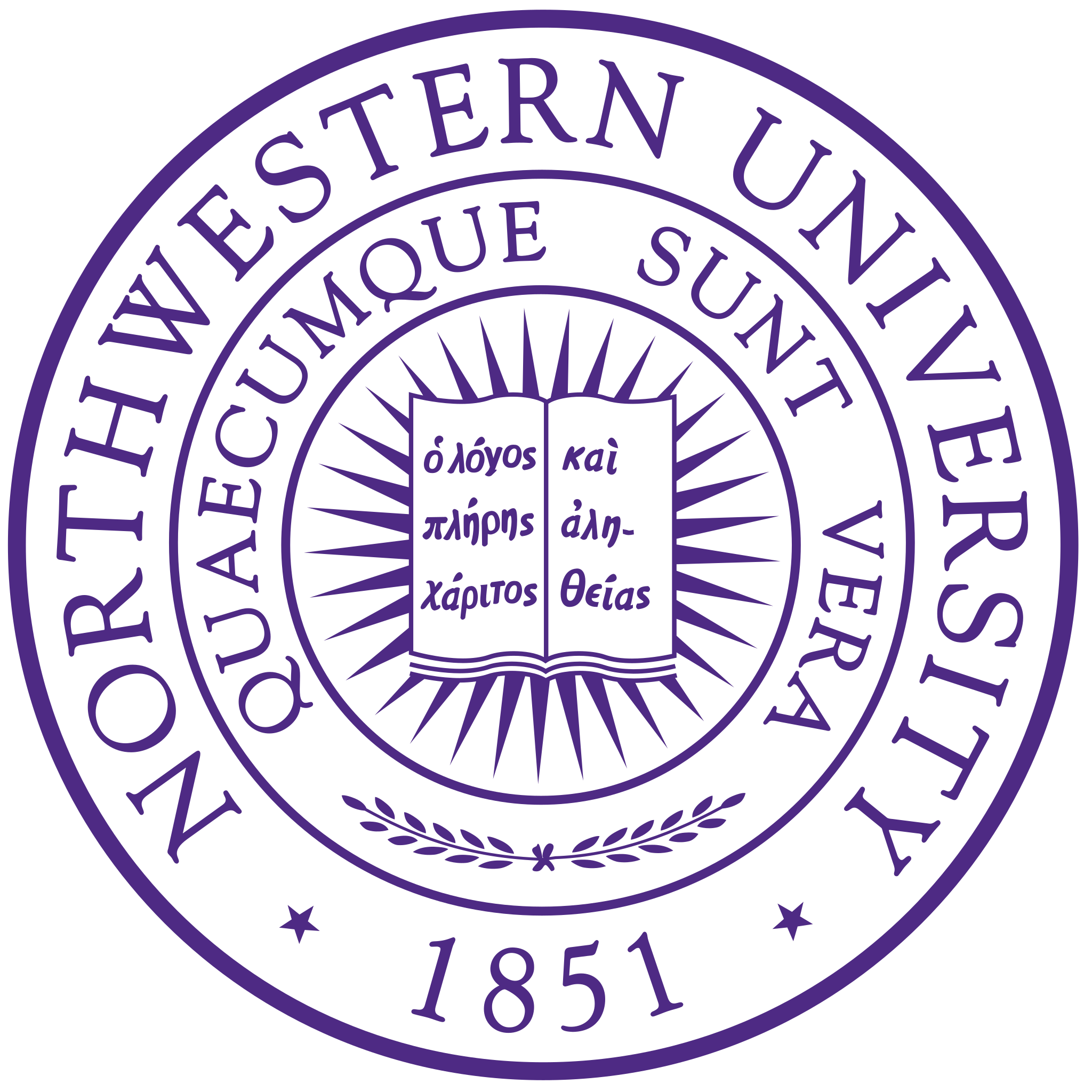
Advisor: Dr. Josiah Hester
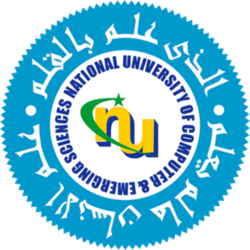
Dean's honor list for five semesters
Work Experience
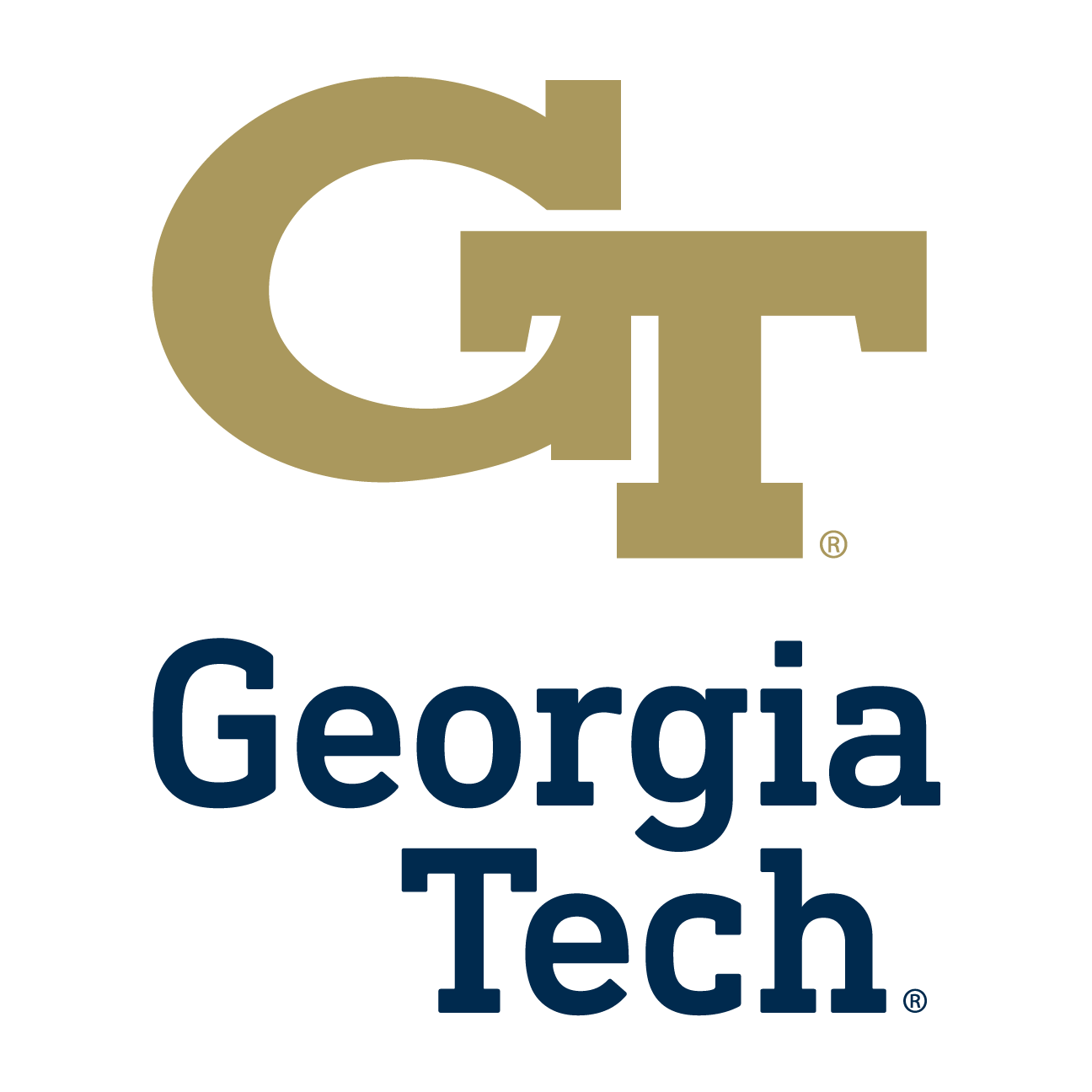


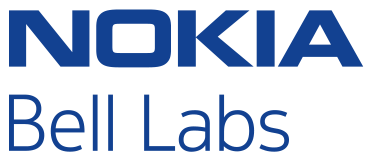

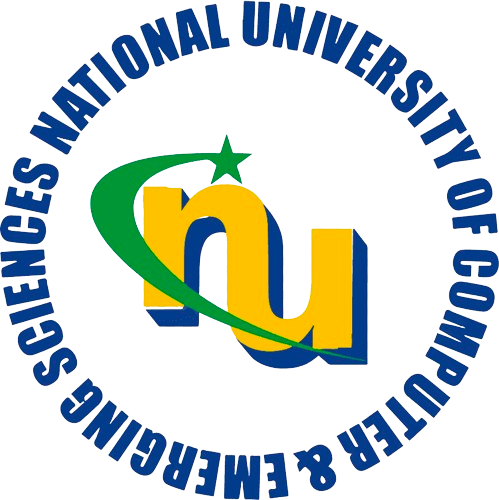
Best Intern Award











2021 – Present Rishabh Goel, Ph.D. Robotics, Georgia Institute of Technology
2023 Sabeen Liaquat, M.S. Computer Science, Georgia Institute of Technology (Now Software Engineer at Amazon)
2023 Rayan Dabbagh, M.S. Computer Science, Georgia Institute of Technology (Now Software Engineer at Amazon)
2023 Srihari Subramanian, M.S. Computer Science, Georgia Institute of Technology
2023 Rahul Katre, M.S. Computer Science, Georgia Institute of Technology
2023 Ryan Tougas, M.S. Electrical and Computer Engineering, Georgia Institute of Technology
2023 Vivek Kumar Singh, M.S. Electrical and Computer Engineering, Georgia Institute of Technology
2022 – 2023 Julia Persche, M.S. Biomedical Engineering, Northwestern University (Now Product Designer at Cionic)
2020 – 2021 Alexander Ross, M.S. Electrical Engineering, Northwestern University (Now Research Assoc. at MunichImaging)
2020 – 2021 Eugene Choe, B.S./M.S. Computer Engineering, Northwestern University (Now Firmware Engineer at Samsung)
2019 – 2020 Julian Richey, B.S./M.S. Computer Engineering, Northwestern University (Now ASIC Design Engineer at Amazon)
2019 – 2020 Jackson Schuster, B.S./M.S. Computer Engineering, Northwestern University (Now Software Engineer at Microsoft)
2021 – 2023 Jason Huang, B.S. Computer Engineering, Northwestern University
2023 Aaron Wu, B.S. Electrical Engineering, Georgia Institute of Technology
2022 Alejandra Almonte, B.S. Mechanical Engineering, Northwestern University
